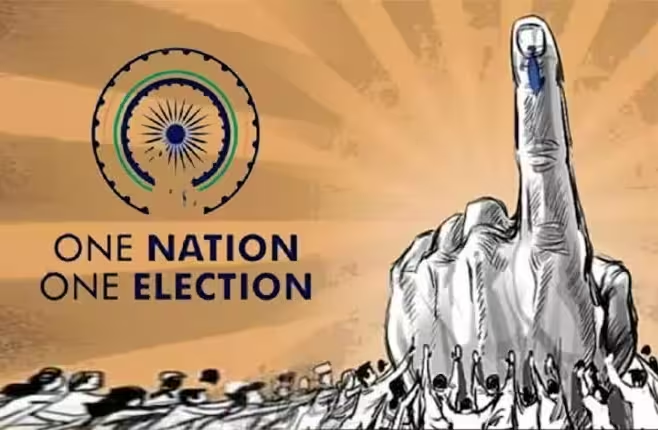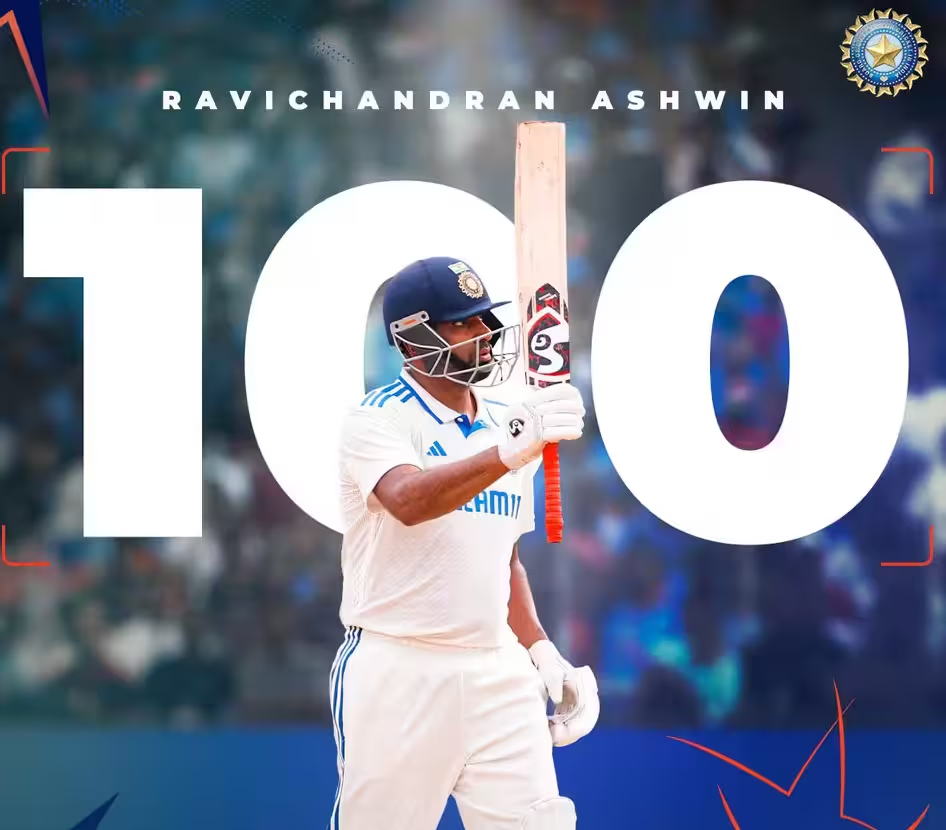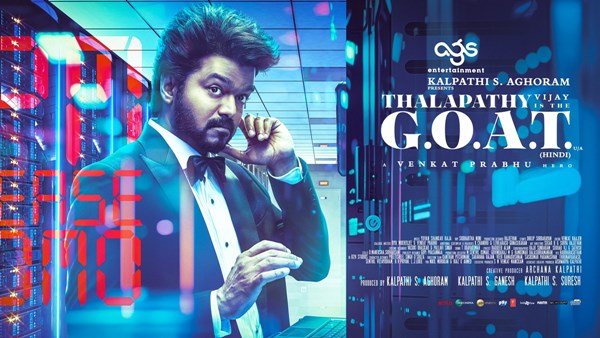
One Nation One Election, Cabinet Clears the Plan
Union Minister Ashwini Vaishnaw announced that the Union Cabinet has approved simultaneous One nation, one election plan. This decision aligns Lok Sabha and state Assembly polls, streamlining the electoral process. The move aims to enhance efficiency and reduce election-related costs and complexities across India.
The panel, chaired by former President Ram Nath Kovind, submitted its report in March, just before the Lok Sabha election announcement. The report’s timing generated interest, fueling discussions about its possible influence on the upcoming political landscape.
The Union Cabinet has officially approved the “One Nation, One Election” proposal, aiming to synchronize elections across India. This landmark decision will align Lok Sabha and state Assembly elections, streamlining the electoral process nationwide.
Union Minister Ashwini Vaishnaw announced the approval on Wednesday. The plan seeks to reduce election costs and simplify logistics. By holding simultaneous elections, the government hopes to ensure better governance and minimize disruption caused by frequent elections.
This proposal has sparked significant debate. Supporters argue it will improve administrative efficiency and reduce the burden on the Election Commission and security forces. Additionally, it could help minimize the “election mode” that often delays policy implementation.
Opponents, however, express concerns about the impact on regional parties. They argue that national issues could overshadow local concerns, making it harder for smaller parties to compete. Critics also worry about the logistical challenges of holding such large-scale elections simultaneously.
The government is preparing for further discussions, both in Parliament and among political parties. The Election Commission will also play a crucial role in planning and implementing this large-scale electoral reform.
Political analysts view this move as a potential game-changer in Indian democracy. However, the success of this initiative will depend on cooperation between the central and state governments.
As the “One Nation, One Election” proposal moves forward, it could reshape India’s electoral landscape in the coming years.




